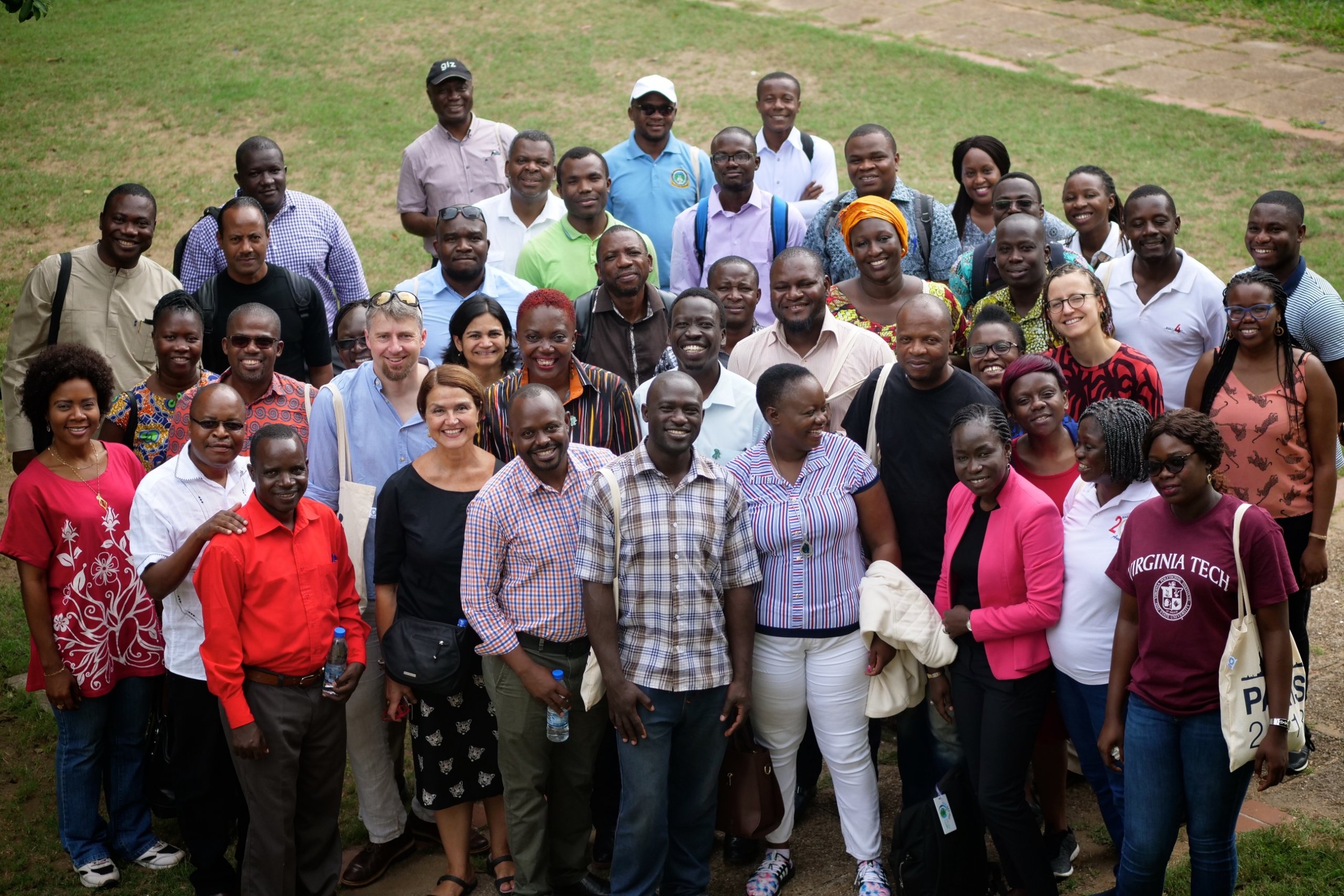The projects led by African early-career scientists will be supported as part of the third LIRA 2030 Africa call on Pathways towards Sustainable Urban Development in Africa.

The newly-funded projects cover topics such as the food-water-energy nexus in urban areas; improving waste management in urban settings and reducing climate change-related health risks in African cities. Each project will receive 90,000 EUR over two years through the Leading Integrated Research for Agenda 2030 in Africa (LIRA 2030 Africa) programme, and will become part of the wider LIRA scientific community.
The projects were selected following the launch of a call for pre-proposals on Pathways towards Sustainable Urban Development in Africa released by the International Science Council (ISC) together with the Network of African Science Academies (NASAC). The call aimed to identify research projects in Africa that explore the development of new approaches and strategies towards the innovative re-thinking of urban futures in the region, in partnership with local authorities, industry, communities, and government.
Following the launch of the call in 2018, over 180 collaborative pre-proposals were submitted, of which 32 were selected to attend a five-day training workshop on trans-disciplinary (TD) research held in Abidjan, Côte d’Ivoire. The workshop aimed to develop skills on TD research and to support the development of full funding proposals. The submitted proposals were reviewed by external experts and the LIRA Scientific Advisory Committee (SAC). In March 2019, the members of the LIRA SAC met at the Université Cheikh Anta Diop de Dakar (UCAD), Senegal and selected nine collaborative projects for funding, which are listed below. The LIRA programme is supported generously by the Swedish International Development Cooperation Agency (Sida).
Find out more about the LIRA 2030 Africa projects funded from 2019.
If you are interested in contacting any of the projects, please contact Katsia Paulavets.
| Principal Investigator: | Project title: |
| Sandra Boatemaa, Stellenbosch University, South Africa. | Inclusive Metabolism: Using co-produced theory of informal decentralised urban infrastructures to transform the delivery of urban food, water and energy services in Egypt, Ghana and South Africa |
| Sokhna Thiam, Institut de Recherche en Santé, de Surveillance Épidemiologique et de Formation, Senegal. | Reducing Diarrhoea Burden under Climate Change in Urban Contexts: An Integrated Approach for Sustainability in West African Medium-sized Cities |
| Anita Etale, University of the Witwatersrand, South Africa. | Urban water futures: Bridging supply-demand gaps in Accra and Johannesburg through reuse. |
| Temilade Sesan, University of Ibadan, Nigeria. | Cleaning from the bottom up: Inclusive stakeholder participation for integrated waste management in Accra and Lagos. |
| Emmanuel Kanchebe Derbile, University for Development Studies, Ghana. | Decentralisation of urban water supply services and access to water under urbanization in cities of Wa (Ghana) and Niamey (Niger) |
| Gladman Thondhlana, Rhodes University, South Africa. | Household energy use practices and potential interventions for sustainable consumption in Makhanda-Grahamstown, South Africa and Kumasi, Ghana |
| Sourou Henri Totin Vodounon, University of Parakou, Benin | Optimizing Ground Water Security by Integrated Approach of Sanitation and Hygiene in the Coastal Cities of Cotonou (Benin) and Lomé (Togo) |
| Oghenekaro Nelson Odume, Rhodes University, South Africa | Enhancing urban wetland and river ecosystem health in Nigeria and in South Africa. |
| Fati Aziz, Water Research Institute, Ghana. | Enhancing Sustainability and Resilience of Accra (Ghana) and Kampala (Uganda) through a Water-Energy-Food Nexus (WEF) Approach. |
[related_items ids=”636,6785,6839,5336″]